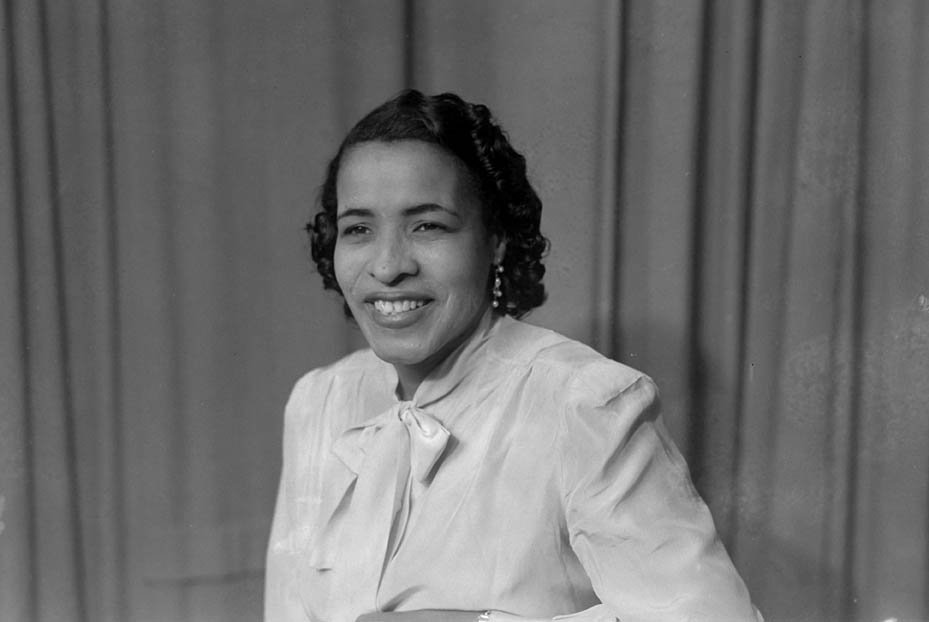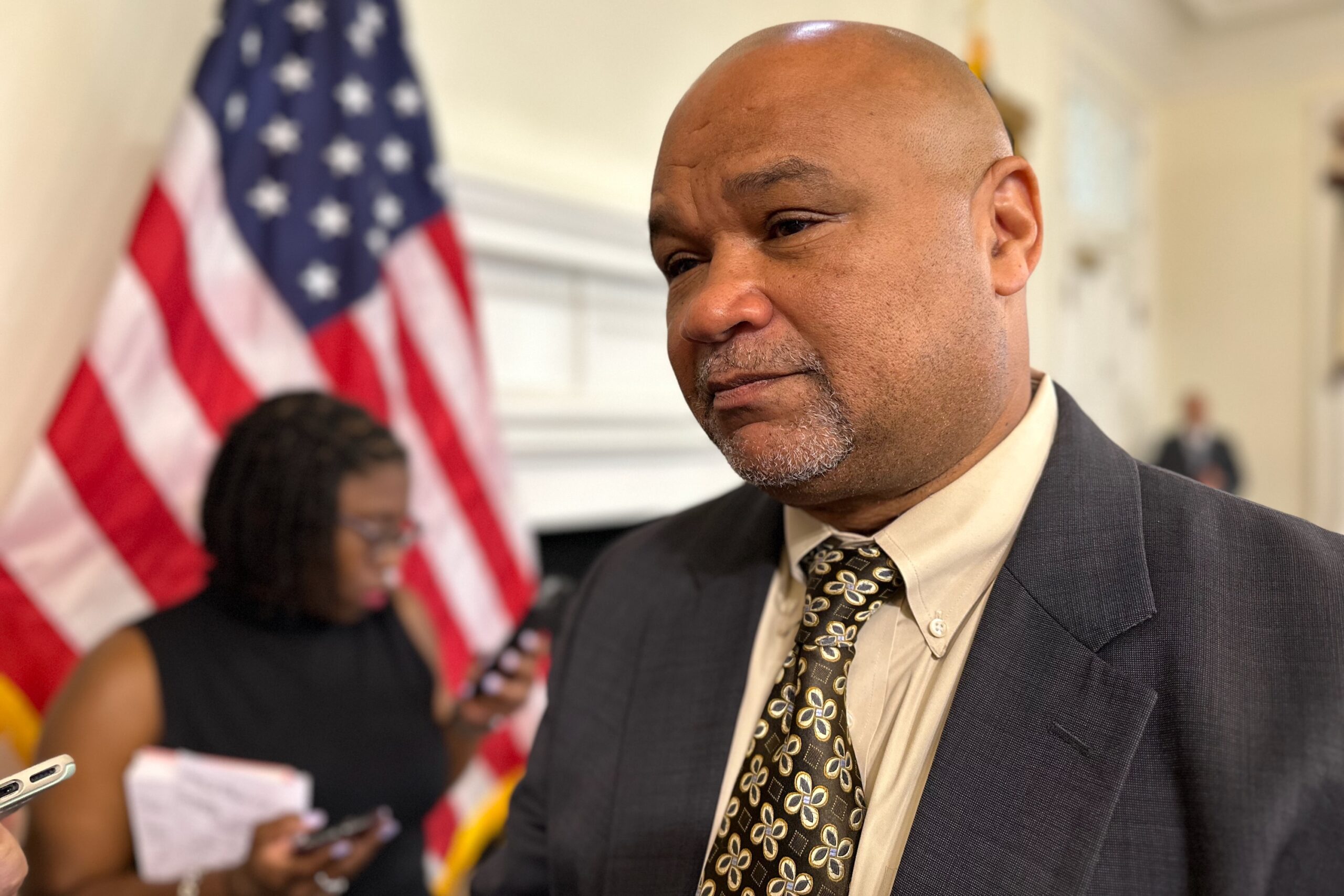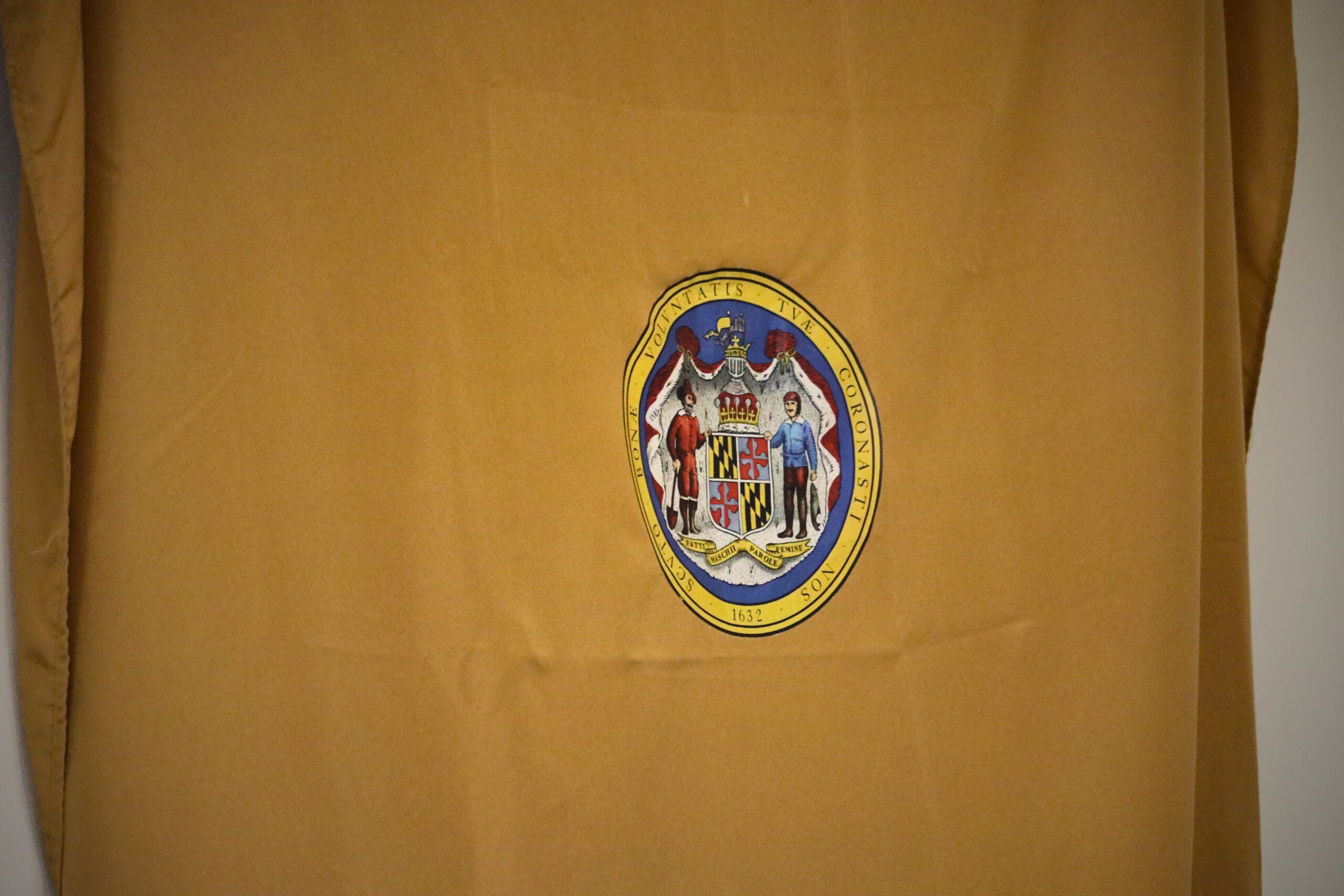
In the dim days of early 1963, still weeks before the Maryland General Assembly would defeat a proposed public accommodations law, and months before Dr. Martin Luther King’s Washington rally for jobs, a newly-elected member of the House of Delegates took a seat at the counter of a greasy-spoon eatery a block from the State House in Annapolis to order breakfast but was denied service because he was Black.
Another newly-elected delegate, a woman from Baltimore, tried to book a room at the Maryland Inn, then one of only two hotels in Annapolis and two cobblestone streets from the State House, but was denied lodging because of the hotel’s policy of refusing to provide hospitality for Black guests.
Yet another Black delegate, a former railroad worker and associate of A. Philip Randolph, organizer of the Pullman workers’ union, deliberately dressed down as a vagrant to test department store sales service to Blacks who appeared poor and unlikely to have the means to pay. He was unable to engage a salesperson to conclude a purchase because of his appearance.
Back then, there was no Lawyer’s Mall to open a wide-angle vista of Maryland’s antique State House. There were no legislative office buildings or enclosed parking garages to accommodate lawmakers and the public. There was no statue of Justice Thurgood Marshall. The road leading to the State House was an unattractive jumble of bricks and haphazard structures that appeared incompatible with each other.
The only other buildings on State Circle, triangulating from the State House, were the hulking Court of Appeals building, an architectural misfit among the antiquities of colonial Annapolis — at the corner where Rowe Boulevard formerly intersected with State Circle and where the Legislative Services building now stands — a Methodist church and the governor’s mansion, circled by an ornamental iron fence.

Frank A. DeFilippo
A block beyond State Circle were the fried-food lunch counter and next to it an Esso (re-branded Exxon) service station, parking lots and rows of smudged public housing — all of which were demolished years later, beginning in 1972, to make way for the expansion and modernization of the state government complex as it now exists.
Much of the agitation for civil rights was occurring as public accommodations legislation was easing its way through the House of Delegates step by calculated step, and vote by arm-twisted vote, with a simple caveat: The necessary votes for passage were lined up with the agreement that a certain Black woman legislator remained seated during the debate and not rise to speak lest votes would be lost and the bill would be doomed.
Maryland’s capital city in the early 1960s was as white as Wonder Bread.
Del. Clarence Mitchell III was no stranger to the fight for civil rights. Young, handsome and with a thunderclap voice, it made no difference when he shouldered among the working-class whites at the dumpy eatery to order breakfast. Out of the deep-fryer came a local morning favorite — scrapple — which resembled meatloaf (no insult to meatloaf intended), which fanciers joked contained all the parts of the pig but the oink.
Mitchell wasn’t there to eat. He was there to demand service — and to make a point. The fight for equal rights, by lesson and lore, was the Mitchell family franchise, dating back to his grandmother, Lillie Mae Jackson, founder of the Baltimore NAACP chapter, and his parents, Clarence Mitchell Jr., the revered NAACP Washington lobbyist, and his mother, Juanita Jackson Mitchell, and a limb-length list of others on the family tree. (Juanita passed on the family genes. She once staged a solitary sit-in in Gov. Marvin Mandel’s State House office late into the night, long after Mandel had departed, under the protective watch of a state trooper.)
Mitchell continued his lonely sit-in for a couple of weeks, greeted most mornings by a handful of reporters who were waiting to see whether he would finally get to eat — ugh — scrapple, or whatever. He never did. Segregation prevailed, even in the state capital and its least desirable eatery.
Del. Irma Dixon, a Black teacher from Baltimore, was newly elected to the House of Delegates in 1963 with the expectation that everything would be copacetic in the state capital where, as a legislator, she would be an equal among equals.
Dixon’s innocence, or naivete, quickly came back to bite her.
Dixon’s first act, upon arrival in Annapolis, would be to secure lodging and unpack. When Dixon attempted to book into the Maryland Inn, a monopoly lodging in Annapolis at the time, she was nearly stopped at the door. She was refused a room with a brief explanation of the Inn’s policy against Black guests. (The only other lodging space in Annapolis was Carvel Hall, since demolished to make way for Paca Gardens.)
At the time, Black lawmakers had two choices: Find lodging for the duration of the session at a friendly and accommodating private home; or, drive nightly back home to Baltimore, on cluttered Ritchie Hwy. (there was no Interstate 97 at the time) only to return the next day, and the next, and the next. That in itself was a danger. As a session progressed, meetings could extend often to midnight, leaving lawmakers bleary-eyed and exhausted. (A serious late-night auto accident occurred during the 1963 session in which one delegate was killed and several others seriously injured.)
Dixon poured out her dismay and disappointment to Del. Marvin Mandel, then chairman of the city delegation to the House and chairman of the Ways and Means Committee. Mandel promptly assembled the entire Baltimore delegation and marched his platoon of delegates over to the Maryland Inn.
Mandel laid down a marker: Either allow Black legislators as registered guests, or the entire Baltimore delegation would cancel its reservations for the remainder of the session — a huge financial loss for the Maryland Inn in the middle of winter.
Dixon was registered, ushered to her room where she unpacked. Blacks have been guests at the Maryland Inn since the day of that showdown.
Del. Troy Brailey, of Baltimore, was a gentleman’s gentleman, with a firm grip and a wide grin, always fastidiously haberdashed in suit and tie, far from a raggedy caricature of himself that he would become, briefly. Best of all, Brailey was known as a legislator whose word was his bond, high praise in the tight little world of the State House.
Brailey dressed himself down, way down, deliberately, for his trip downtown when Howard Street was the department store shopping center of Baltimore’s immediate universe — lined with vast emporiums wrapped in long-gone names such as Hecht’s, Stewart’s, Hochschild Kohn and Hutzler’s — the drivers of the city’s shopping economy.
Blacks were permitted to shop there in the early 1960s, but were not allowed to try on clothes.
Brailey lived a different story. He had been active in the Brotherhood of Sleeping Car Porters — the nation’s first all-Black labor union — those who attended the needs and wants of long-distance train travelers to pampered luxury such as personal service and daily shoe shines, kind of like valets on rails.
Now, dressed down, resembling what today would be called a homeless person, he was on a different mission, one of civil, equal treatment at the department store counters, no matter the appearance or color.
Rejected repeatedly at different stores, betrayed by his impecunious appearance, but probably more so by his blackness in the department-store world of white tea-room gentility of the era, Brailey earned the right to be known forever after, with good-humored affection, as — Delegate Old Clothes.
Early in the 1963 session, Marvin Mandel became speaker of the House of Delegates through one man’s folly, just as he would become governor later through another’s luck. A. Gordon Boone, of Baltimore County, the speaker, was led off in handcuffs, and later sent to jail, in Maryland’s first savings and loan scandal (1961-62).
Mandel had been quietly lining up votes to pass a statewide public accommodations law through the House. There was one problem, considered negotiable and manageable, so supporters thought.
Del. Verda Welcome, of Baltimore City, the first Black woman elected to the General Assembly, suffered from a severe case of logorrhea and couldn’t resist rising to launch windy speeches that turned more votes off than on for the cause she was advancing.
Mandel had the votes nailed, just enough to squeeze the bill through. He met privately with Welcome and worked out an agreement that she would remain seated and silent through the bitter racial debate and ultimate approval of public accommodations. Welcome, under pressure, agreed.
But when the moment arrived, true to form, Welcome couldn’t resist her urges. As she spoke, one by one, and two by two, green lights turned red, and the public accommodations proposal went down to defeat.
It would take two special sessions in 1964 — one in which the nine Eastern Shore counties exempted themselves from the law under the old local courtesy option — and a second and final session in which Gov. J. Millard Tawes, himself an Eastern Shoreman from Somerset County, threatened to bring in U.S. marshals to enforce the law if Eastern Shore lawmakers failed to join it. They ultimately did, though the Eastern Shore still endured years of riots and demonstrations as it clung to its segregationist attitudes.
These retrospective sketches are drawn from Maryland’s – and America’s – first great reckoning with racial injustice, a time, too, of great social upheaval when the civil rights movement collided and ultimately meshed with the anti-Vietnam War demonstrations that took over the nation’s streets and public spaces. There is no recollection of widespread shootings by police, if any at all, during that period. Police forces around the nation had not yet become militarized.
It would be another year, in 1964, until President Lyndon Baines Johnson signed the Civil Rights Act into law, and yet another year before the Voting Rights Act — now partly gutted by the Supreme Court and still under siege by President Trump and the Republican Party — would become the law of the land in 1965.
Moral: Not all change is good, but when it is, its arrival is often slower than evolution.




 Creative Commons Attribution
Creative Commons Attribution